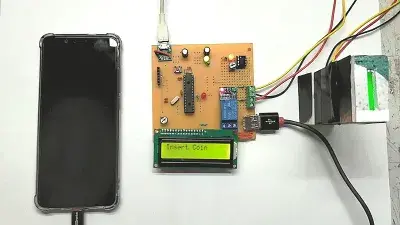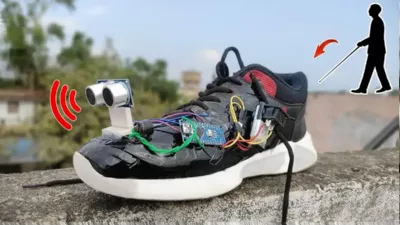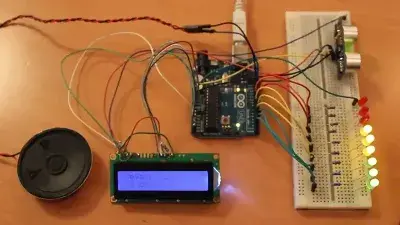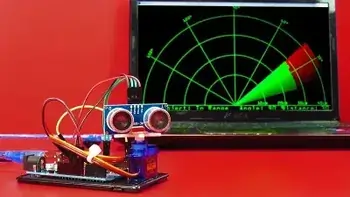A cheap, pocket-sized setup for CO2 measurement is presented. This setup is based on Arduinos, so it's economical and can accept changes and improvements to meet other needs. It consists of an Arduino board, a CO2 sensor, an SD card module, and a control panel. The device was tested in three different experimental contexts commonly used in primary and secondary education: chemical reactions, plant photosynthesis and respiration, and gas diffusion. The results show the great potential of devices to encourage student model-based research and encourage students to build their own devices and develop engineering practices. It also discusses other advantages of the proposal over commercial data loggers.













